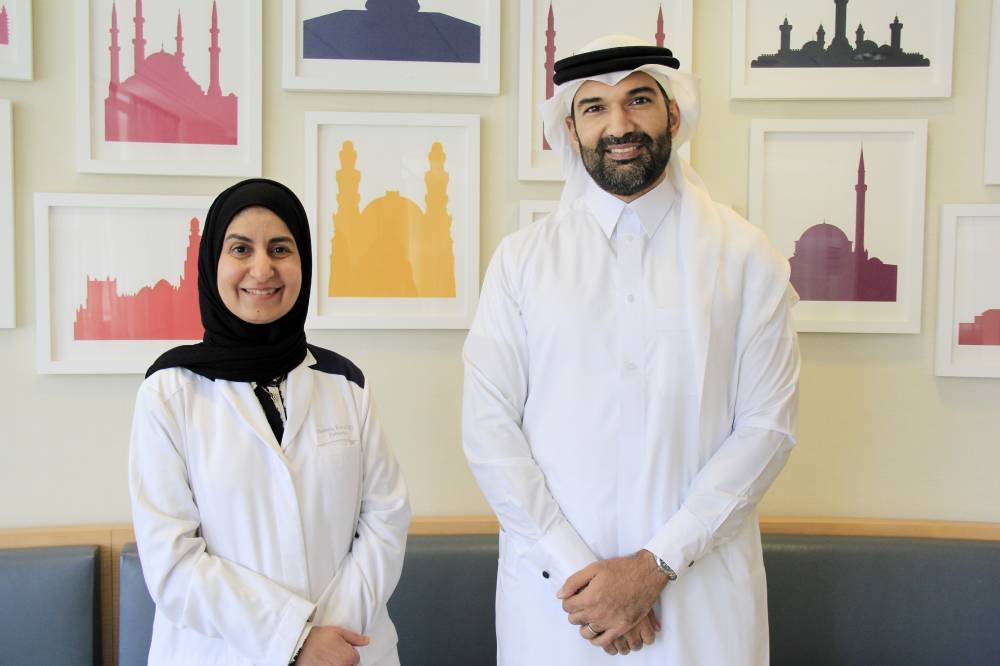Sidra Medicine, a member of Qatar Foundation, is celebrating the impact of its long-standing initiative, the Baraka-Qatar study (Building a Resource for the Advancement of Knowledge of Autism in Qatar) on World Autism Awareness Day, marked on April 2 annually.
The study, which has been at the forefront of Autism Spectrum Disorder (ASD) research in the region for several years and published its pilot phase in the prestigious Genome Medicine journal, has not only enhanced the understanding of ASD within the Arab world but has also pushed Middle Eastern genetics onto the global stage.
Despite its global prevalence, the comprehension of ASD's genetic origins in the Arab world is historically limited. The Baraka study, conceived and conducted by Sidra Medicine in Qatar, shattered these boundaries, focusing on Middle Eastern genetics and their implications for ASD.
Dr Khalid Fakhro, chief research officer at Sidra Medicine said: “The Baraka study significantly elevates ASD research from the GCC countries to the global stage. Its findings, derived from years of meticulous clinical-research partnership, have not only improved our understanding of ASD genetics within Middle Eastern populations, but have also contributed invaluable insights to the wider ASD scientific community around the world.”
Conducted in academic collaboration with the Hospital for Sick Children (SickKids) in Toronto, Canada, the study renders Middle Eastern genetics accessible and comprehensible on an international scale. This was made possible through SickKids’s partnership with the Autism Speaks’ MSSNG Whole Genome Sequencing Project (MSSNG), an innovative open-science based collaboration platform between Autism Speaks, Google, and the research community.
Dr Fakhro also noted that around 350 families, totalling approximately 1,500 participants, have been enroled from Qatar. He added: "Our collaboration with SickKids and MSSNG have assisted us in designing the Baraka study to international standards, using shared models and analysis pipelines across our respective groups. Over the years, we have ensured that a number of trainees and sub-projects benefited from this joint mentorship. We continue to increase the size of our cohort to capture more individuals living with ASD in Qatar, which will aid in understanding underlying causes and development of personalised interventions in the future.”
Dr Madeeha Kamal, senior attending paediatrician at Sidra Medicine, stated: “Understanding that there are specific mutations associated with autism allows us to gain a deeper view of the variations among children with this condition. Some children are high-functioning, while others are low-functioning. We found more mutations in our study than any other research conducted globally which will aid us in learning more about each individual patient.”
Dr Stephen Scherer, chief of research at SickKids said: “International research collaborations are essential to building a more fulsome picture of ASD. Only by collecting more data, from people all over the world, can we more completely understand the genomic architecture underpinning autism.”

Dr Madeeha Kamal and Dr Khalid Fakhro.
